I had the pleasure to interview Shawnta Hopkins-Greene, Founder and CEO of MyCannX
What is your “backstory”? How did you first get into this business or get interested in the business?
Myinspiration for founding MyCannX and MMJ Advocates Group comes from a very personal journey. As a mother of a special needs child and witness to family members finding tremendous benefits from the use of medical marijuana, the issue of safe and legal access kept coming to the forefront in my life. Seeing the benefits of medical marijuana and knowing there is still quite a way to go in the movement across the nation, I was personally motivated to be part of the change. That’s when I started MyCannX with the mission to provide safe, legal and affordable access to medical marijuana treatment for those suffering from chronic illnesses.
Can you share the funniest or most interesting story that happened to you since you started your company?
The most interesting thing that has happened since starting this business has been meeting a 93-year-old patient and her children who have been risking arrest and prosecution to transport medical cannabis from the West Coast to treat their mother who has Alzheimer’s. This family’s story is not unique; however, I was struck by their conscious decision to create a fund to pay legal fees and daily expenses for any family member who found themselves in legal trouble as a result of obtaining and transporting this medication that they felt was providing their mother with a quality of life previous treatment had failed to provide. These people were al professionals with children of their own and everything to lose. On the day they brought their mother to the office to obtain her Washington D.C. medical marijuana card, all five of her children were present and it was a very emotional experience for the whole family.
What do you think makes your company stand out?
Enrollment in our program grants clients unique access to a network of compassionate physicians who understand the benefits of medical marijuana. By working closely with a network of physicians, patients, dispensaries and departments of health, we ensure patients get discreet, dignified and educational guidance on their medical marijuana program. Our physicians offer a wide range of specialties, including cardiology, gastroenterology, pain management, general family medicine and psychiatry.
None of us are able to achieve success without some help along the way. Is there a particular person who you are grateful towards who helped get you to where you are?
My non-biological dad, who raised me since I was six months old, has done any and everything to help me succeed. I am so grateful that he took on this role — even though he didn’t have to — because his support has been a god send and has helped me become the strong, resourceful person I am today. Now, I’m looking for ways through my business and the cannabis industry to repay him so that he can retire from being a corrections officer.
Are you working on any exciting projects now?
We are developing a proprietary software program that is going to take MyCannX to the next level. The platform will enhance all aspects of our operations, including lead generation, digital education and partner support by deploying state-of-the-art technologies like blockchain and artificial intelligence.
Can you share 3 things that most excite you about the Cannabis industry? Can you share 3 things that most concern you?
What excites me most about the cannabis industry is being part of a movement that provides people with access to medical marijuana so that they can improve the quality of their lives in partnership with their physician. I’m also excited about seeing the benefits of cannabis come to fruition as we put more resources toward the science, especially as it relates to Autism, as this impacts my son. And, I’m passionate about all of the opportunities that the cannabis industry is creating for entrepreneurs.
But, there also are a few things that concern me. First, I’m worried that not everyone is as responsible as they should be with cannabis. Instead, they are taking advantage of the “green rush” to make money and are sometimes being careless in the way that they treat patients by not providing them with proper education. Also, I believe that everyone deserves a chance and the cannabis industry should provide one for them. I think that people with prior convictions for selling marijuana shouldn’t be locked out of the industry because it will hurt them even further. They deserve a chance to have a legitimate career in the cannabis industry if they want one. Lastly, I’m concerned that mom-and-pop operations will lose out to big business and big pharma trying to get into the industry if they don’t act fast.
Can you share your top “5 things you need to know in order to succeed in the Cannabis industry”? Please share a story or example for each.
1. If you want to be successful in this industry, you have to treat it as a legitimate business because it is one.
2. It’s critical to have a strong team and organizational structure in place with a significant compliance function.
3. Lead your business with education. The cannabis industry is a new one, so you have to be willing to spend the time educating people on its benefits and proper usage.
4. While we are experiencing a “green rush” it takes a lot of hard work and dedication to be successful and sustainable. It’s definitely not a get rich quick scheme.
5. The same rules of professionalism apply to this industry as would apply to any other. Meaning being impaired is never acceptable in the work place and we must maintain a zero tolerance policy.

In our experience when people are passionate about what they do they are more successful. Where does your cannabis passion come from?
As I mentioned earlier, I am a mother to a special needs child with Autism. Because there is no cure for Autism it can take an emotional tool on the family because of the child’s unpredictable behavior.
As I talk to more and more people, there is a large, anecdotal collection of successes and a lot of grassroots activism from parents who have used cannabis to help their autistic children. Unfortunately, there isn’t a lot of research on the topic so I’m passionate about helping more parents realize the benefit that medical marijuana can provide their children and families.
Where do you see your business going in the next 5 years? Where do you see the cannabis industry going in the next 5 years?
I see MyCannX growing over the next 18 months to serve every state where medical marijuana is legal. While we currently serving Maryland, Washington D.C., Ohio and Pennsylvania, with the new software we are developing it will be easy and efficient for us to expand nationally.
As far as the cannabis industry as a whole, I believe that full adult use or recreational use is coming and will be legalized throughout the country. But, I think it will be important for states to continue to have medical programs to provide proper dosages and incentives for people with chronic illnesses.
Are you able to identify any rising stars at your company or in your industry that people need to keep an eye on?
Chanda Macias, PhD, is the owner of National Holistic Healing and Chairwoman of the Board for Women Grow. Chanda brings a unique perspective to the industry as she is a scientist who has studied cell biology and her approach to cannabis treatment is deeply rooted in her scientific background.
Leah Heise is a Maryland-based regulatory compliance attorney and former CEO of Women Grow. In her current roles as Chief Experience Officer of Mission Wellness and Chief Compliance Officer of 4Front Ventures, Leah has hit her stride and is definitely someone on the rise in the cannabis industry. She’s immersed herself in the industry ever since Maryland passed medical cannabis legislation. She’s a true advocate for educating, connecting and empowering other leaders in the cannabis industry.
I also feel that Joshua Crossney, CEO & Founder of Cannabis Science Conference, is doing some amazing things to advance the awareness of legal, medicinal cannabis across the U.S. His meetings and roundtables include topics to help educate patients, physicians, policy makers and other interested parties on the proper use of medical marijuana.

What growth sectors should most people be paying attention to that they might not be currently?
Big data is playing an enormous role in the medical cannabis industry. By applying predictive algorithms to data, medical marijuana companies and sellers can predict trends, assist sales and even make growers and dispensaries maintain their operations within state and federal regulations. Big data is in its infancy in the cannabis industry but will have many benefits in the years to come.
Seniors are the largest growing patient demographic in the medical cannabis industry and I think this trend will continue as more of our population ages. It’s important that dispensaries and physicians have the proper messaging and education tools to meet the needs of this group.
Also, quality training for employees is another area of the cannabis industry that people need to consider both from a critical need and a business opportunity. To effectively treat patients, we need to make sure that all employees who work with physicians and at dispensaries have the proper training to meet the needs of patients. Also, for those who know how to train medical marijuana employees, they can build a lucrative practice by sharing their knowledge and processes.
Some of the biggest names in Business, VC funding, Sports, and Entertainment read this column. Is there a person in the world, or in the US whom you would love to have a private breakfast or lunch with, and why? He or she might see this. 🙂
I really admire Angela Rye, CNN political commentator, NPR political analyst and owner of IMPACT strategies, a political advocacy firm in the nation’s capital. She’s honest, opinionated and extremely driven, and her passion for human, women and minority rights is unmatched. She’s not afraid to take on hard topics and issues and uses her platform to benefit others. I would be honored to spend time with her — to have real conversations about our nation’s future and get her thoughts on the cannabis industry.

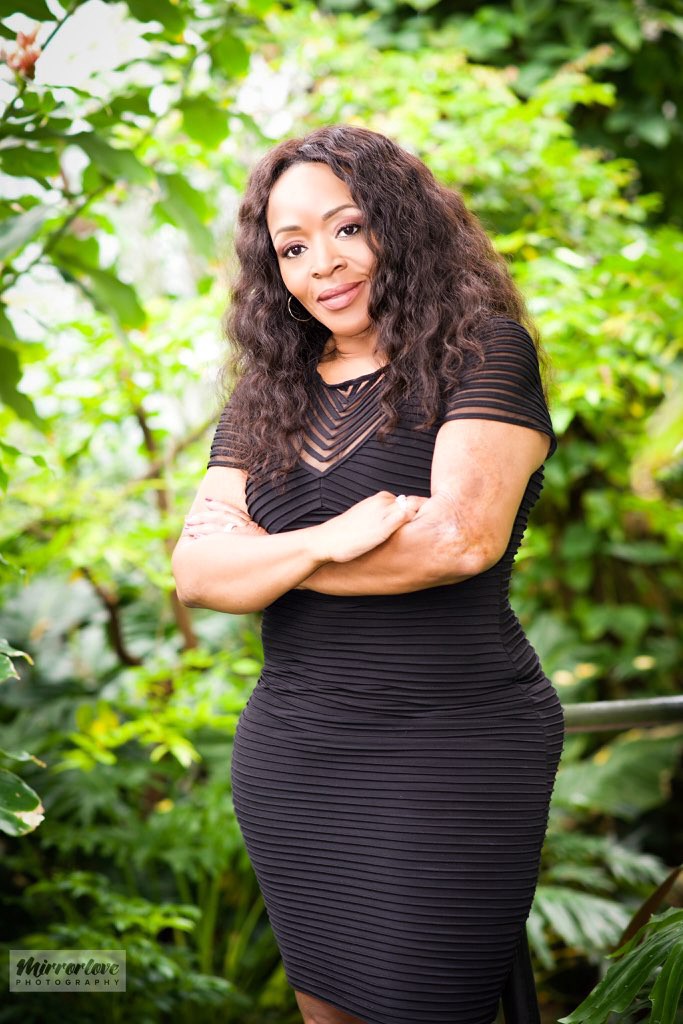
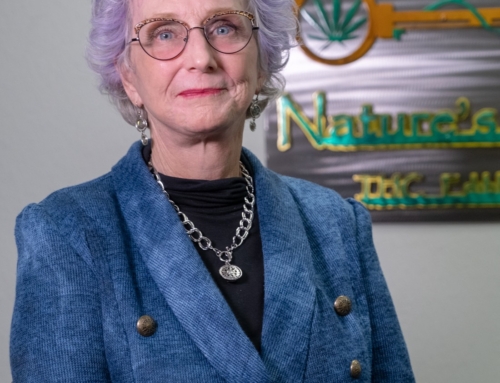
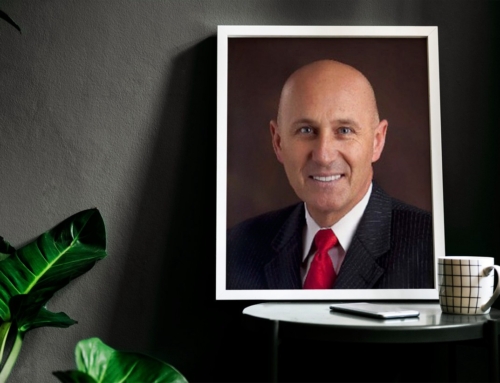


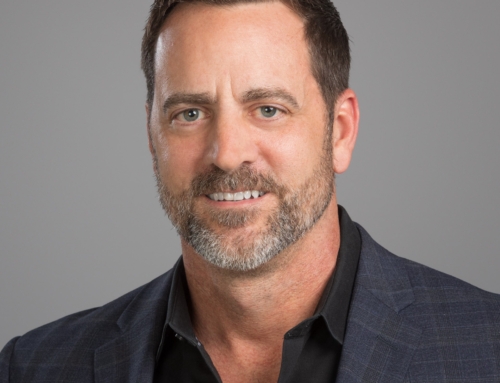
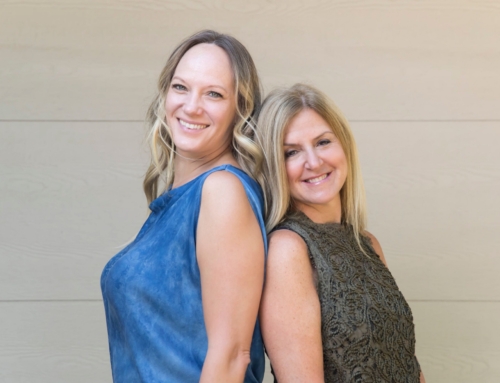
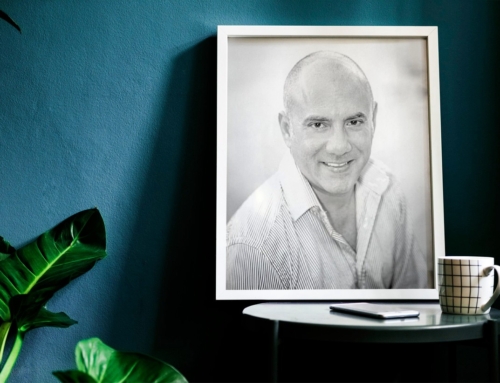
![“The potential to help people [in this industry] is enormous, but there’s still so much to learn.” – Ramon Alarcon, Witi](https://lakesideremedy.com/wp-content/uploads/2020/12/1thj5ekUyxQ69iLz1JJyODg-scaled-e1607882756286-500x383.jpeg)
